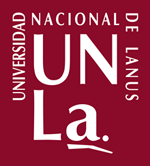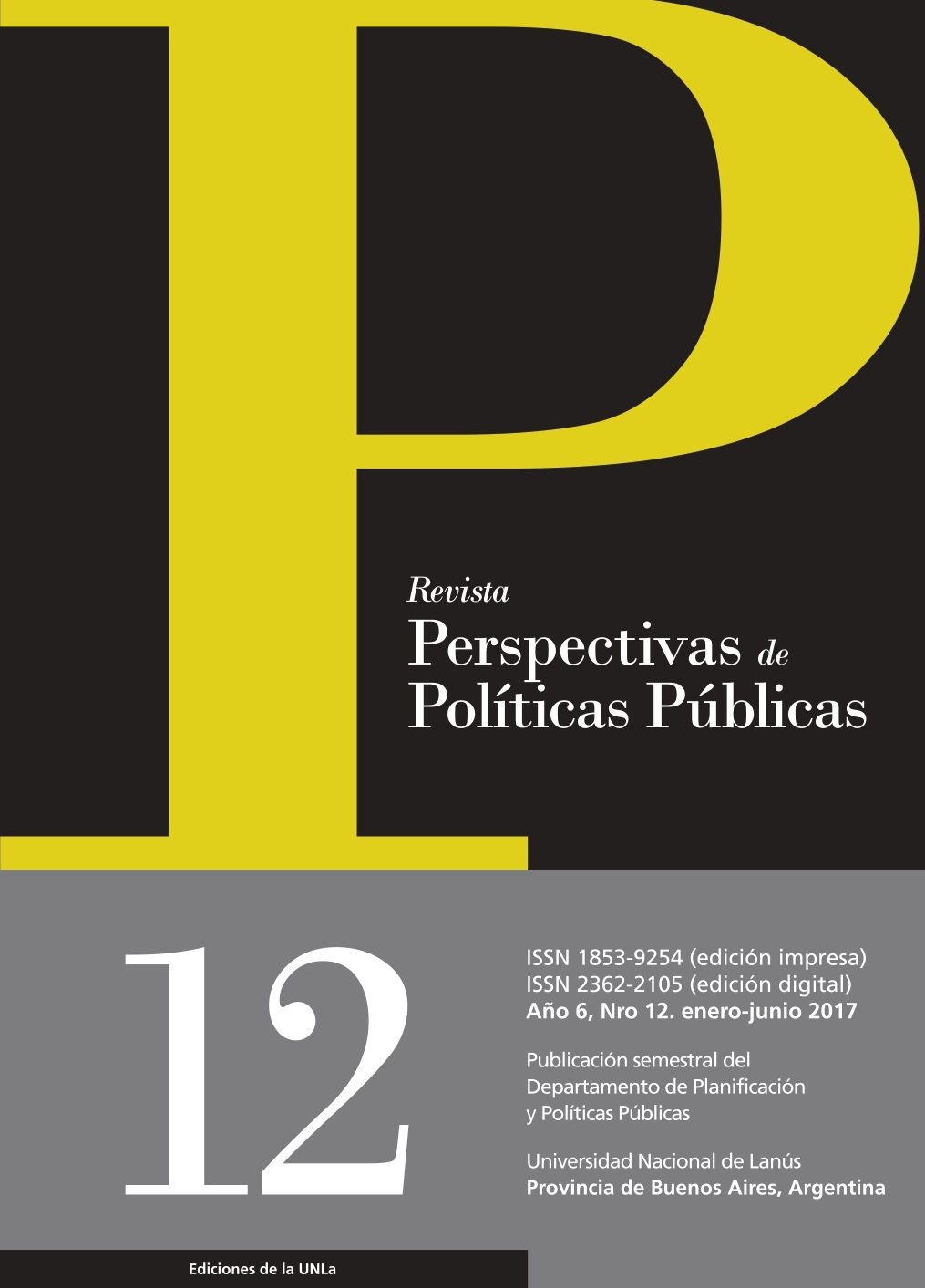The challenges of a new pampean citizenship. Consequences of the implementation of the Universal Child Allowance (2009-2015).
Abstract
In recent years, the Argentine government has
Social policies that were able to
Substantially the levels of poverty and indigence;
At the same time, there are still strong debates on
Whether or not these policies have modified the structure
Pre-existing social protection. As a
Contribution to these discussions the present article seeks to
Identify whether the implementation of the Allocation
Universal for Children (AUH) has helped to regenerate
The associated social protection scheme
To the social insurance model in force during
The institutional format known as "State
Benefactor ", reconfiguring a new citizenship
That we call here pampeana, based on the
In the concept of plebeian citizenship of Carlos
Frank. Discussions and discussions will be
On the concept of citizenship, then
We will briefly discuss how they manifested themselves in
Argentina, social protection models and
Processes of citizenship. Thirdly, we
We will focus on the characteristics of the AUH and
We shall base the thesis that the
AUH generated the conditions for the emergence of
A new citizenship that we call pampeana.
Finally the results of the work are presented
And outlines possible lines of action to generate
Public policies that guarantee levels of protection
Social development.






